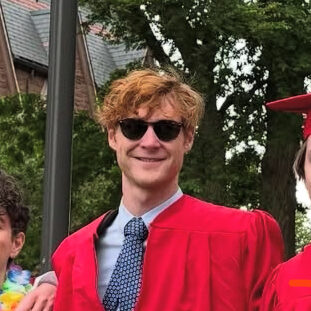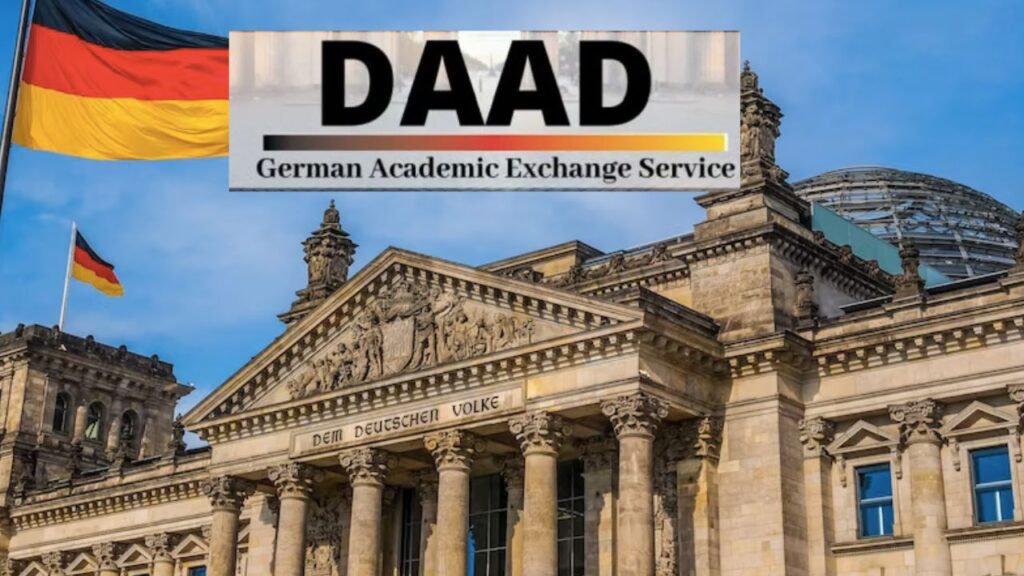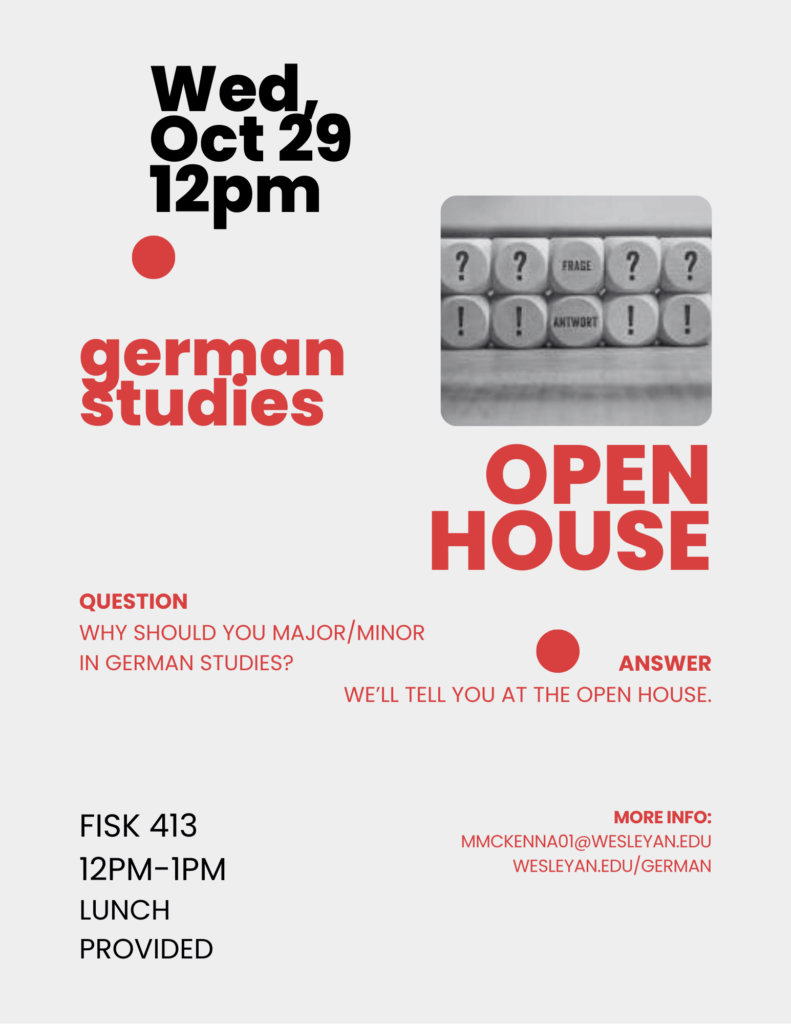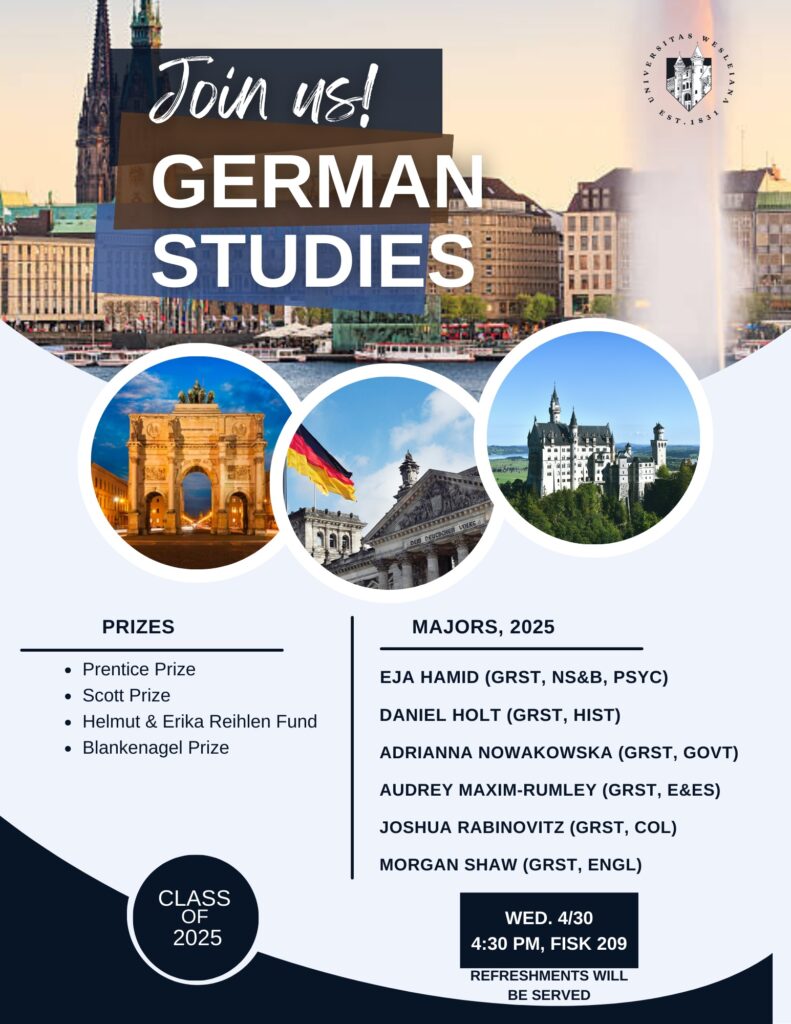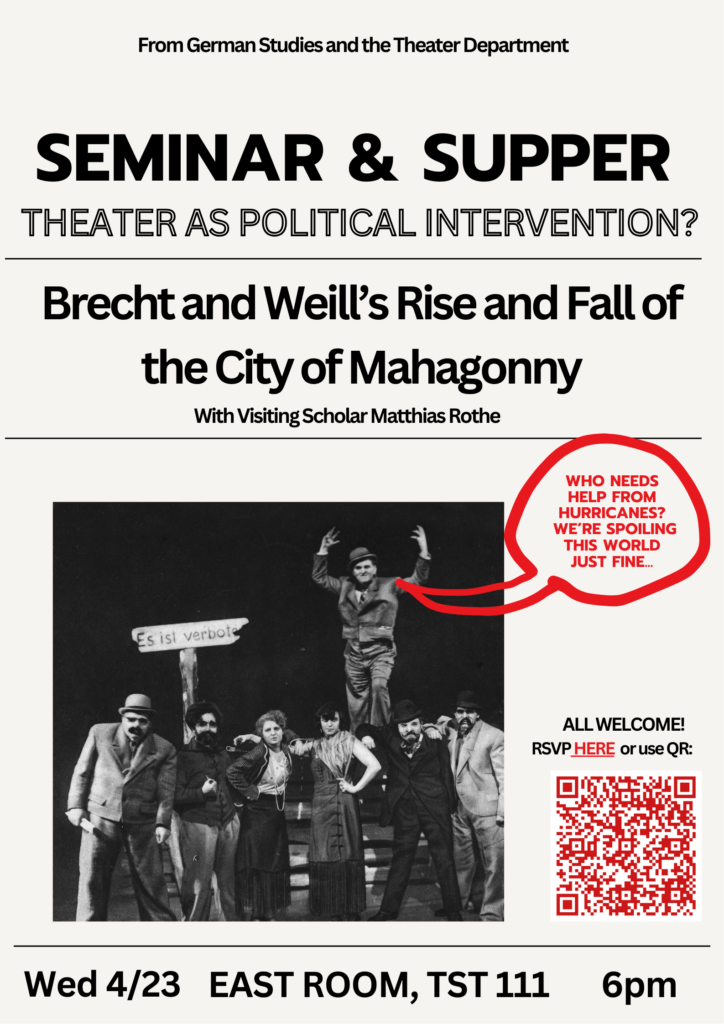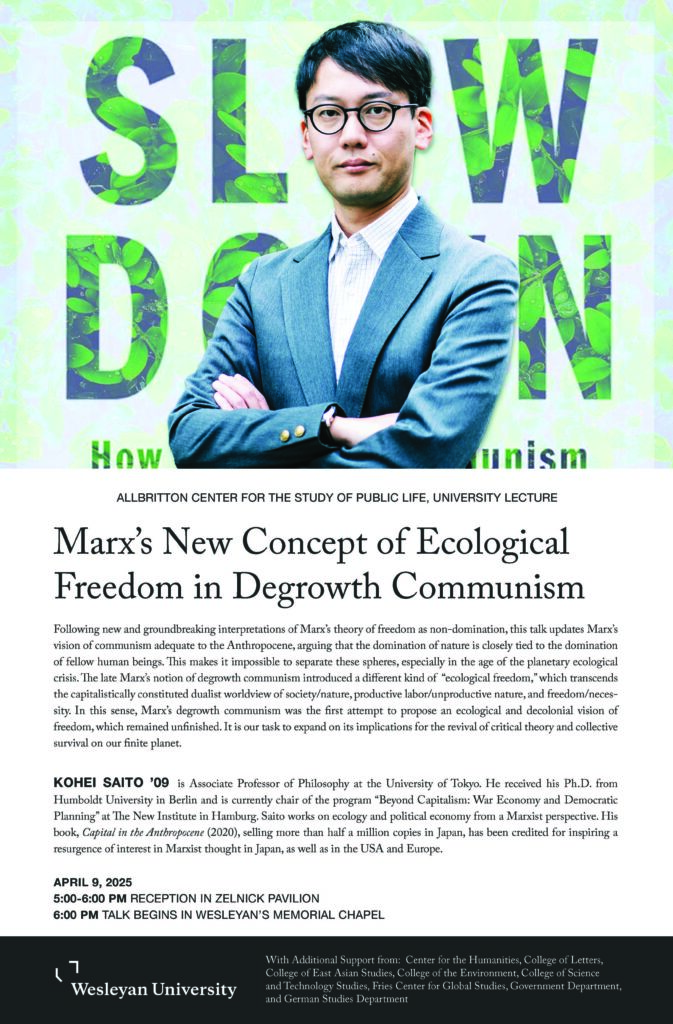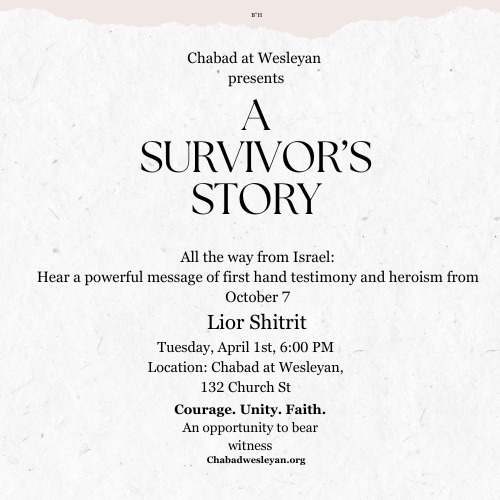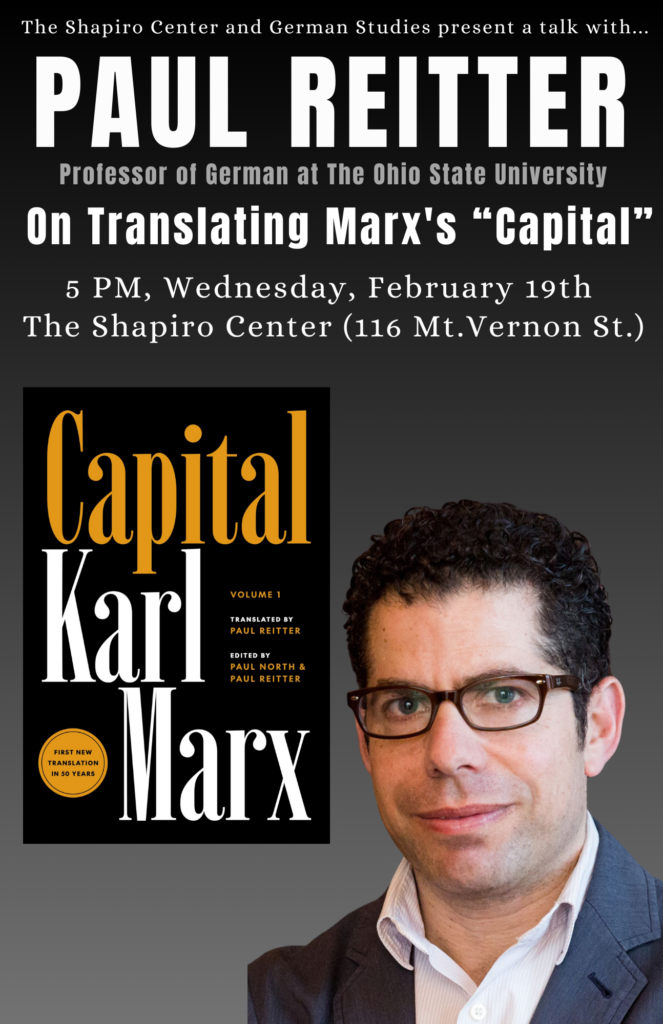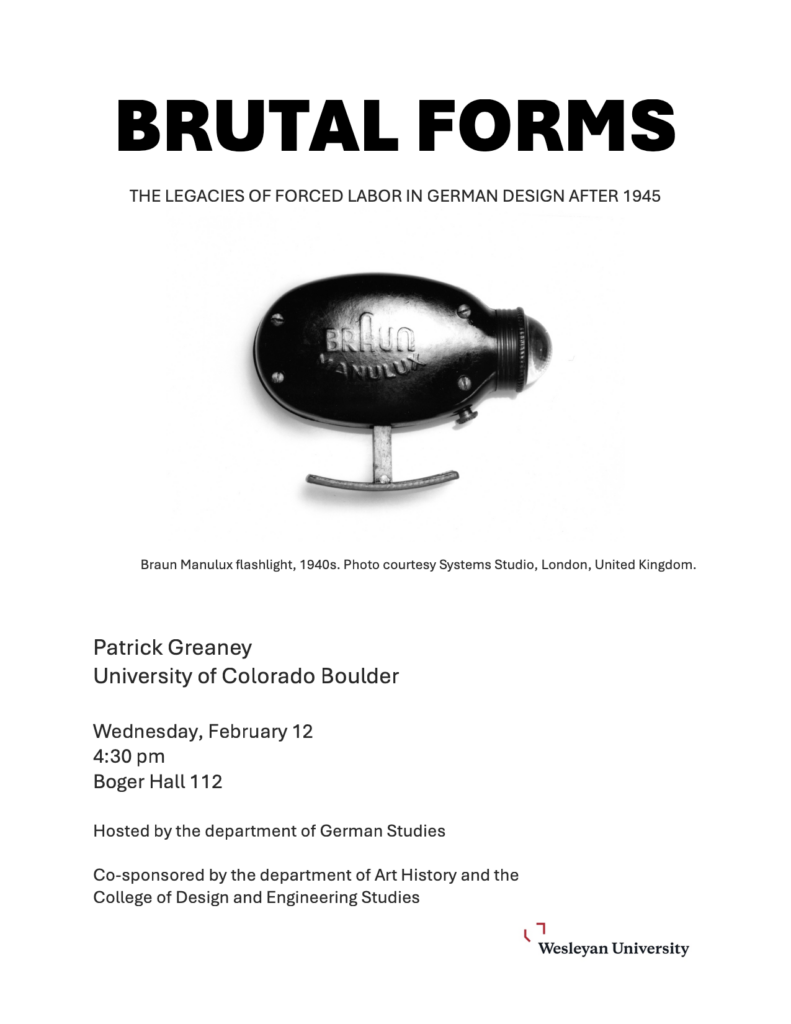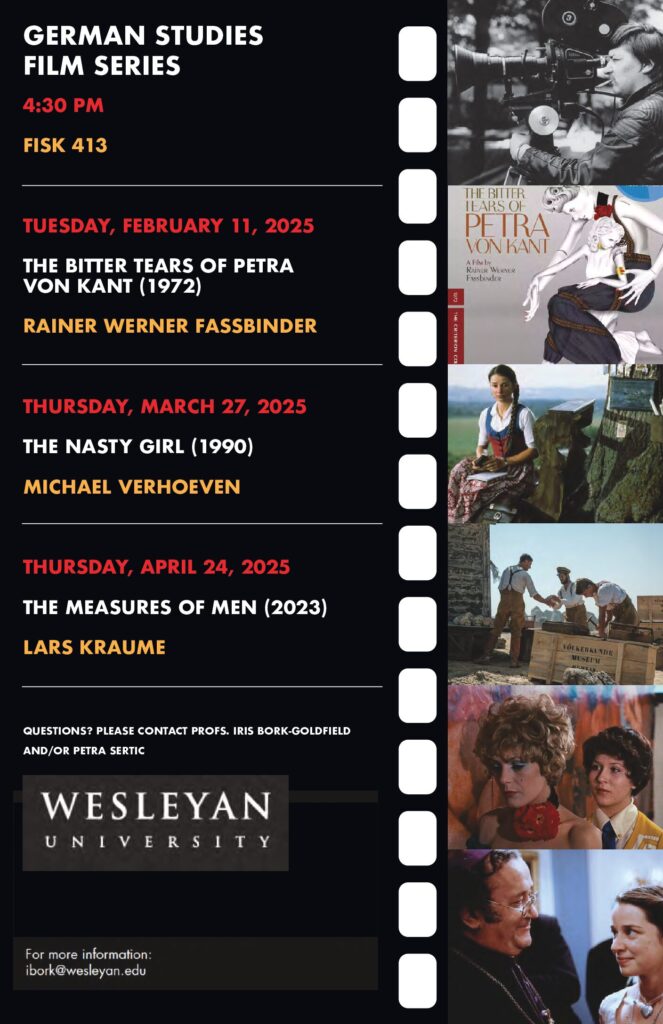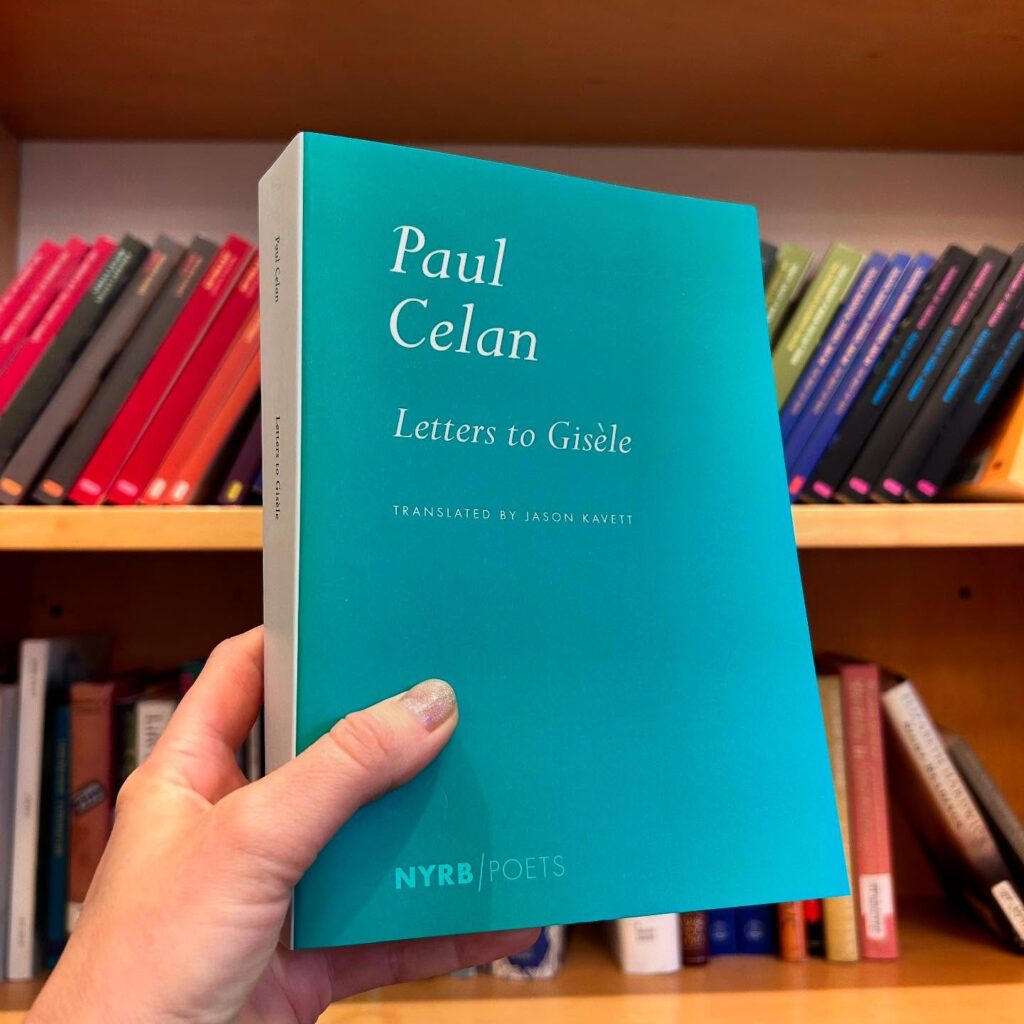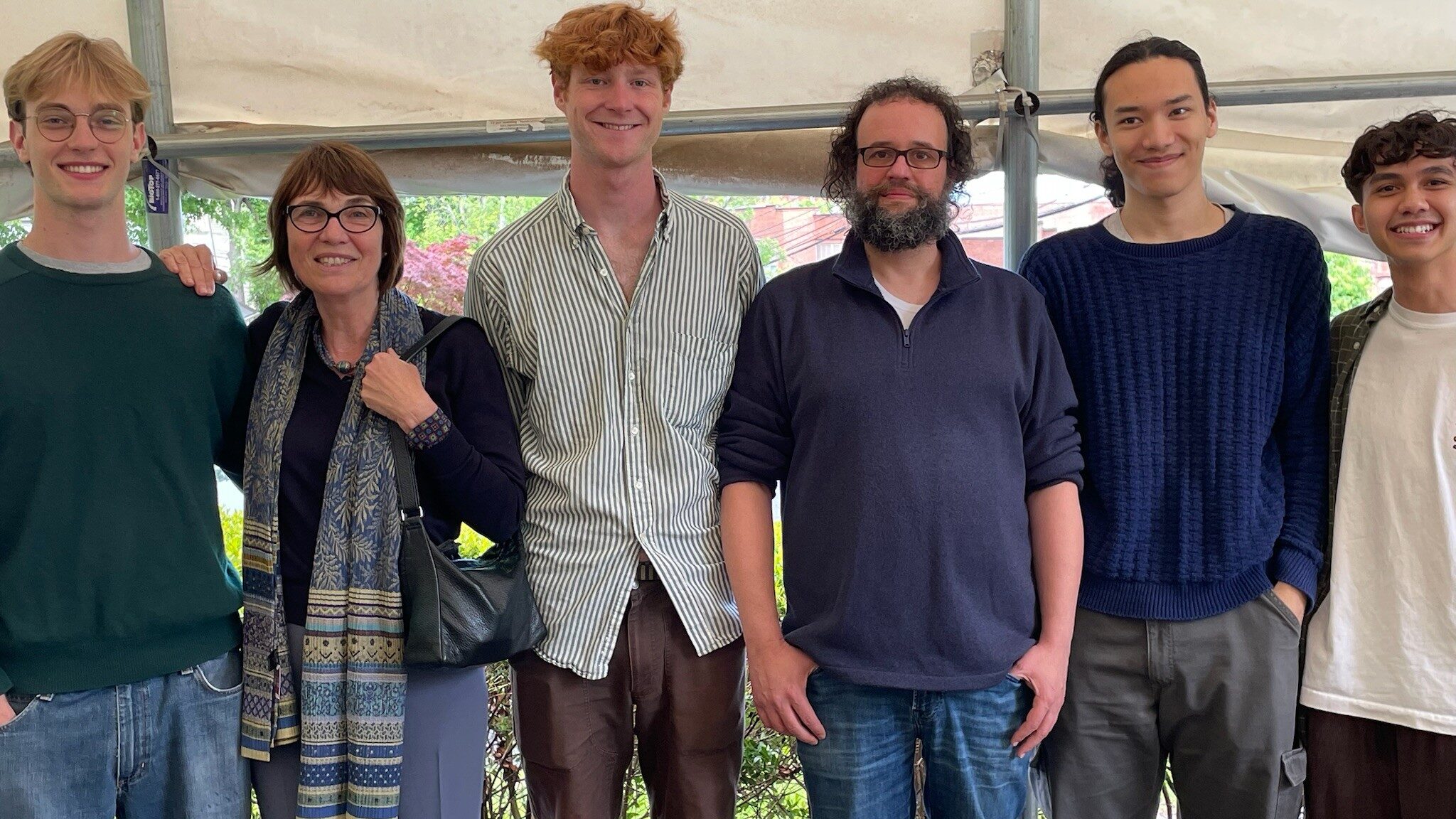
Commencement Reception 2025
(Pictured above: Daniel Holt, Iris Bork-Goldfield, Morgan Shaw, Martin Baeumel, Josh Rabinovitz, and Eja Hamid)
Eja Hamid
My experience as a German Studies major at Wesleyan has been nothing short of incredible. In my final year, I had the pleasure of co-coordinating Mittagstisch, the German conversation table, which has allowed me to engage with the German-speaking community at Wesleyan from both within and outside the major. I’ve also enjoyed studying a variety of topics as a German major at Wesleyan, from the history of Asian German cinema and the LGBTQIA+ community under Weimar Germany to, more recently, German fairy tales with Professor Baeumel.
This summer, I was excited to be back home in Indonesia, where I could brush up on my German before heading to Germany in the fall to pursue a Master’s and PhD in neuroscience at the University of Göttingen, supported by the DAAD and Max Planck scholarships. I’m grateful to the German Studies faculty and friends who have made my time at Wesleyan so meaningful, and I look forward to staying in touch with you all!
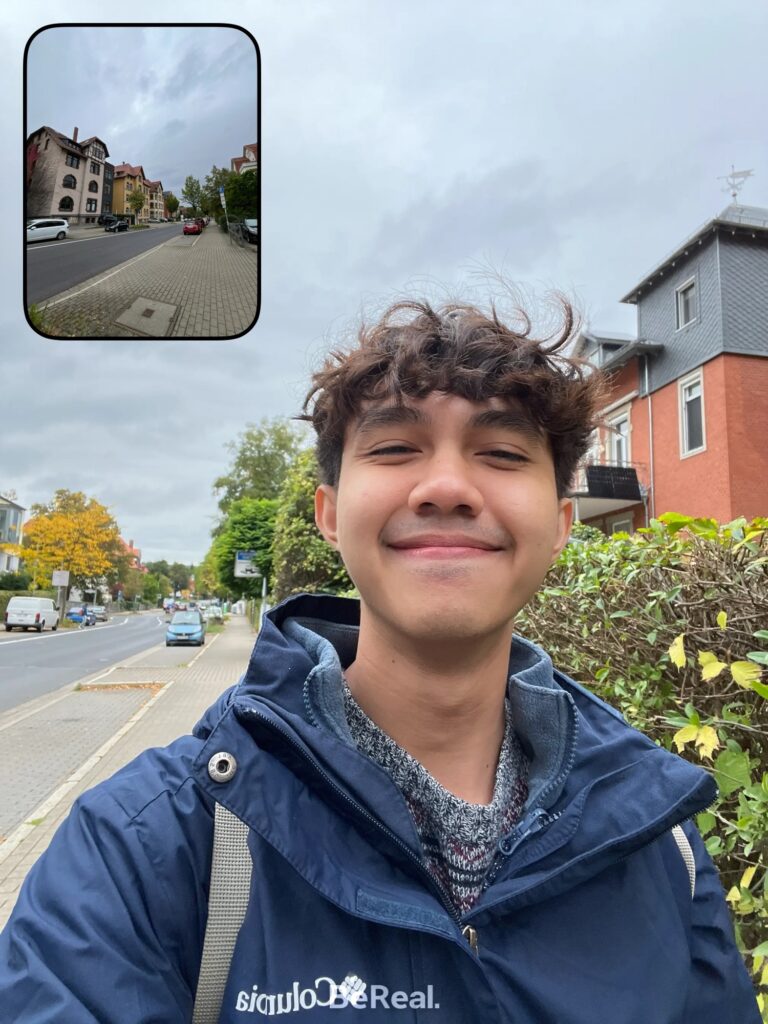
———————————————————————————————————————
Audrey Maxim-Rumley
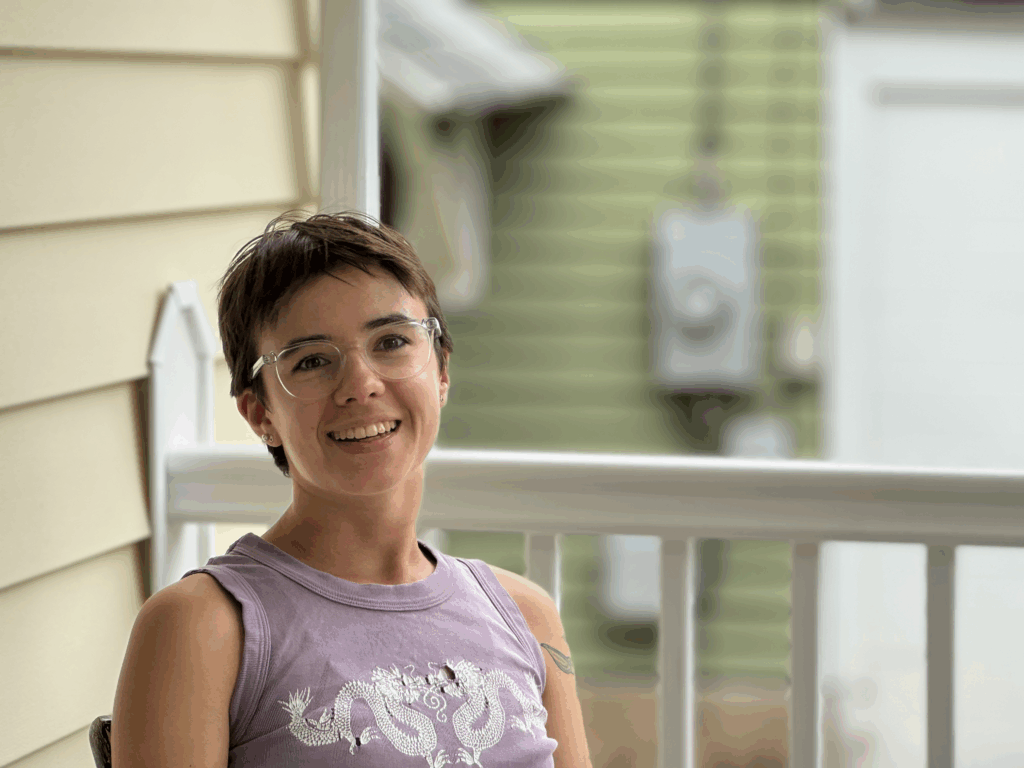
My Honors Thesis for German Studies is titled Die furchtbare, sonderbare Erinnerung: Maja Haderlaps “Engel des Vergessens”, quite possibly the first thesis in the department written in German, and a labor of love dedicated to the struggles surrounding Heimat and Herkunft. Following graduation, I will be moving home to Atlanta, GA for the summer, and then on to Vienna, Austria in September to work as a Fulbright USTA at two high schools managed by the Austrian Ministry of Forestry and Agriculture. One school focuses on teaching students how to grow wine grapes and fruit trees, and the other focuses on nutrition and cooking skills. At both schools I will be teaching English with an emphasis on the topics they are covering in their other classes, allowing me to make use of my Earth & Environmental Sciences. In my free time I plan to make the most of the nature nearby, as well as searching for the best Kaffee und Kuchen in the city and hopefully getting involved in volunteering in some way.
Morgan Shaw
After four years with the German department it is time for my bittersweet goodbye. Over my time at Wesleyan and abroad in Hamburg I have been introduced to many facets of German life and culture from history and literature to music and film. I am grateful for both the wide-ranging and insightful opportunities for learning and engagement that the department has provided, but I am sad to be leaving them and the community behind. This summer I will be going back home to Tennessee to work as a tutor for English and German as a second language as well as doing some paralegal work. In my spare time I plan on hiking and rock climbing in the surrounding area, reading, & relaxing.
Ada Nowakowska
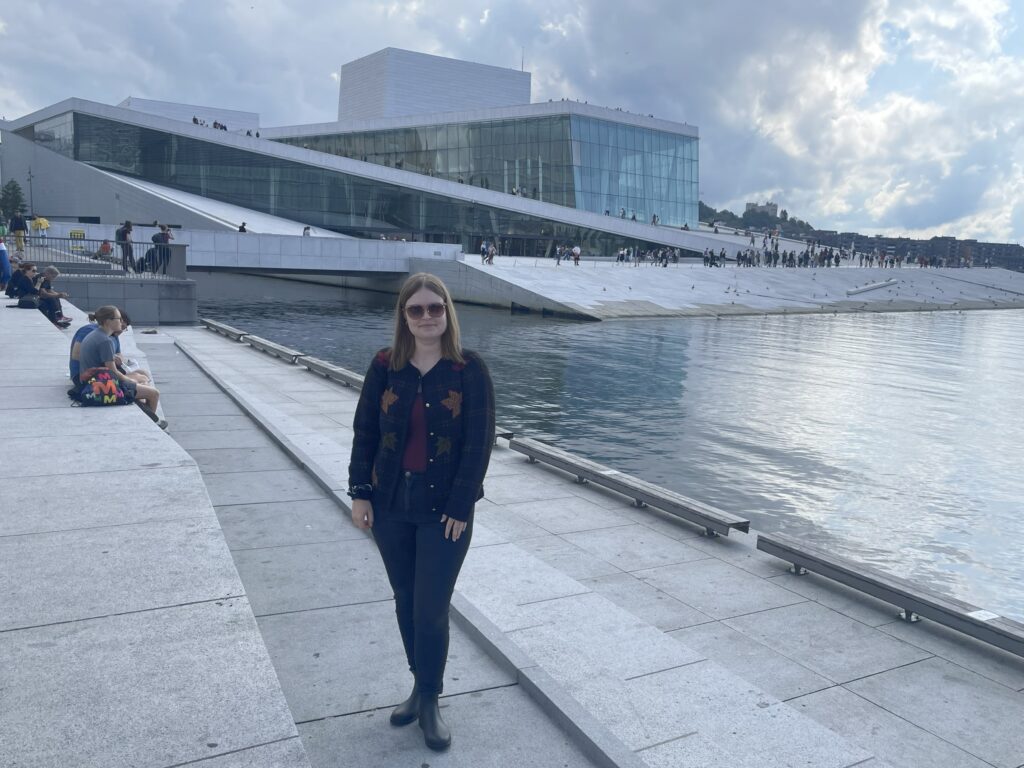
Ada graduated Wesleyan in May, 2025 with a double major in Government and German Studies, receiving the Blankenagel Prize from the department. An international student from Poland, she studied three languages during her time at Wes — German, Latin, and Russian — and she considers German by far the most difficult. With that in mind, she truly appreciates all the support, extra hours, and guidance of the GRST professors. She would especially like to thank Professor Martin Baeumel who spent the summer of 2022 as her language buddy partner, and worked wonders advocating for her as her major advisor, alongside Frau Bork and Professor Plass, securing extra funding from the Helmut and Erika Reihlen Fund that allowed her to go on her dream study abroad to Berlin in spring 2024. Ada started her Master’s of Education (M.Ed.) at the University of Oslo in August, in an international program called Education and Social Change: Childhood and Youth Studies. Currently, she is enjoying the beautiful Norwegian landscape (and stressing out about not finding a job in the most expensive country in Europe). She is planning to take the Goethe C1 German language certificate in January. Long-term, she is thinking of working in education policy, either in international bureaucracy or back home in Poland.



